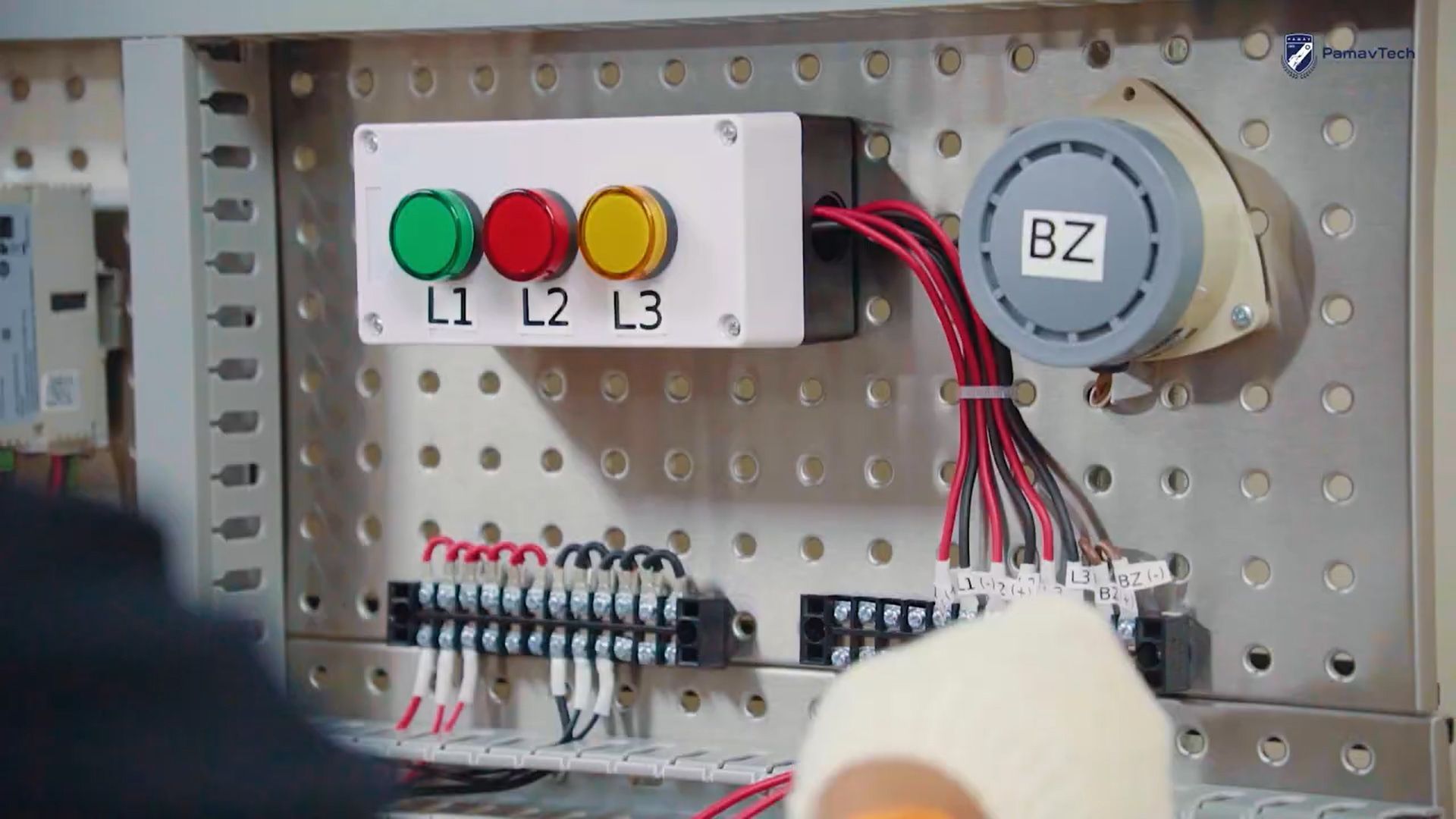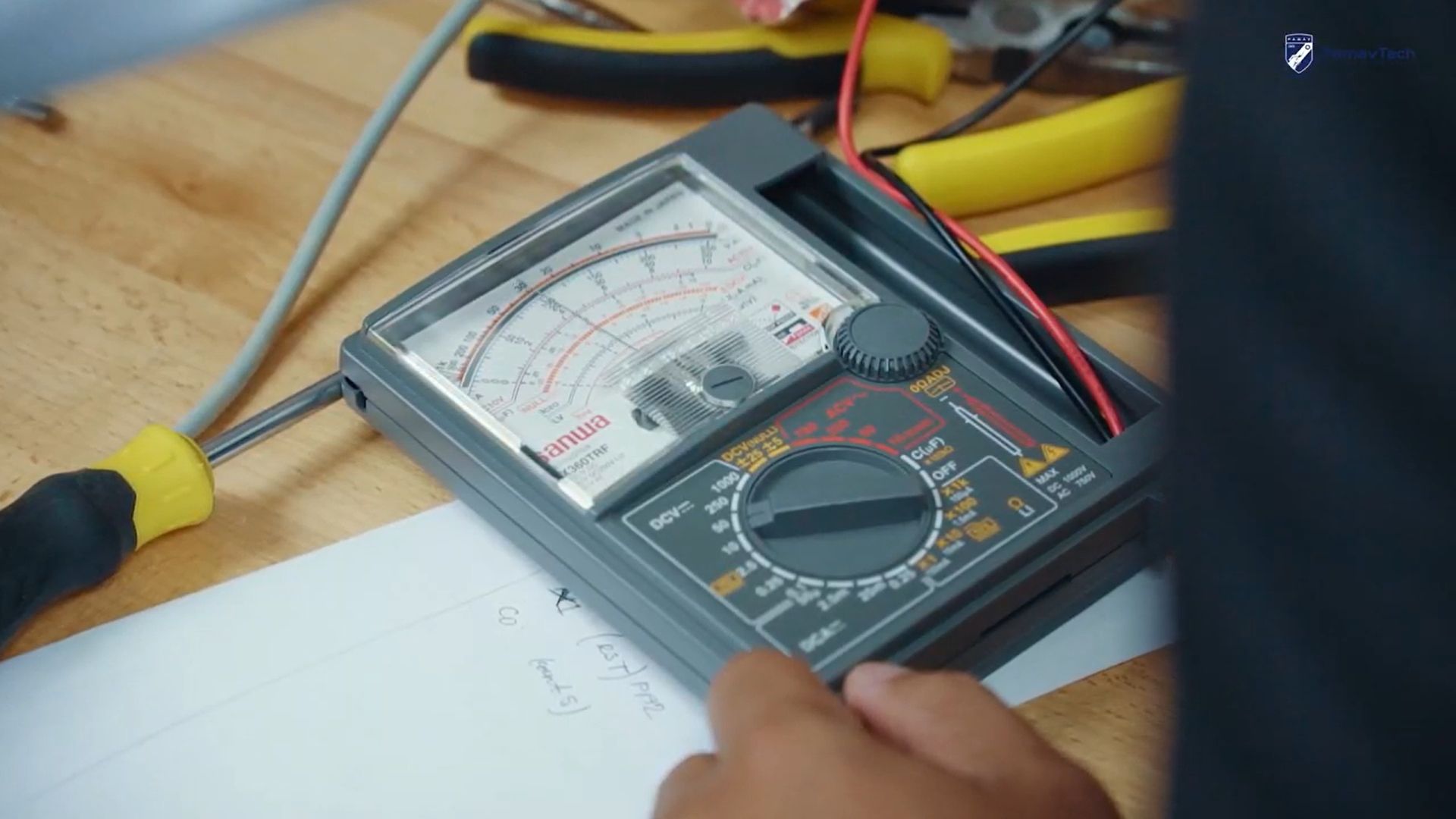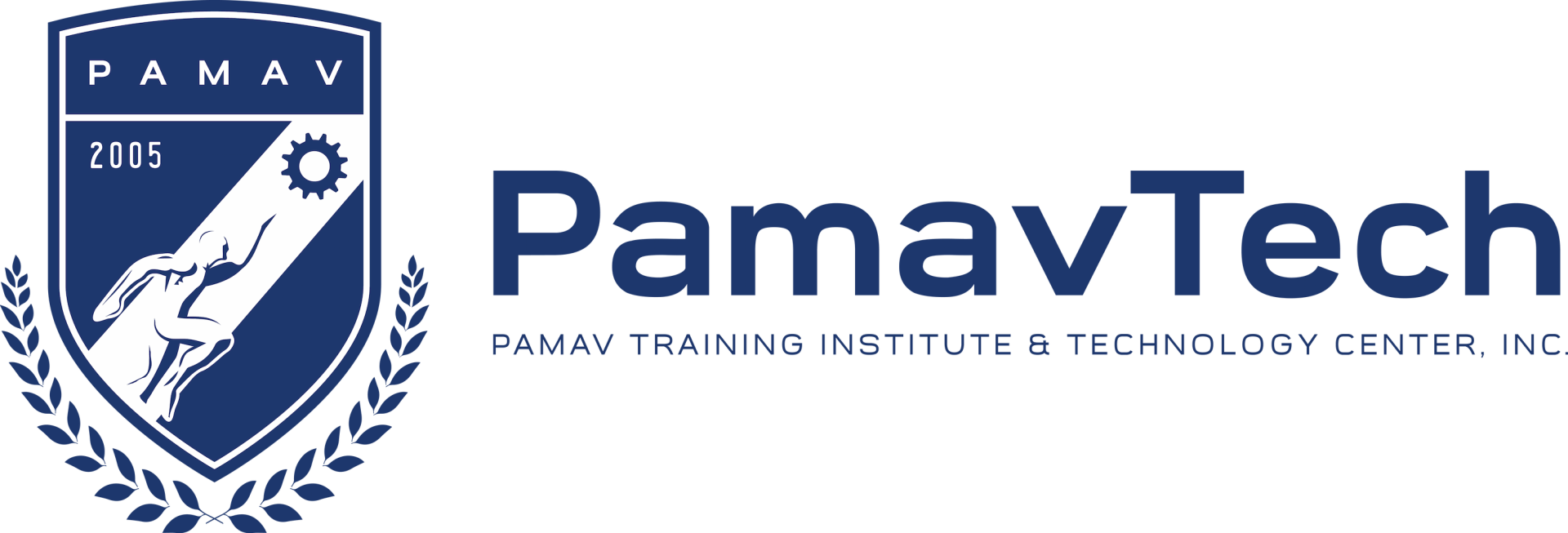TESDA Programs
Mechatronics Servicing NC2

Slide title
Write your caption hereButton
Slide title
Write your caption hereButton
Mechatronics Servicing NCII course is designed to provide you with hands-on, industry-relevant skills in mechatronics and automation systems. Over the course of the program, you will master the installation, configuration, and testing of various mechatronics devices and automation systems. Dive into electropneumatic systems, PLC programming, motor control techniques, and system troubleshooting. This certification will equip you with the expertise needed to excel in the rapidly evolving field of automation and mechatronics.
Whether you’re aiming to work in manufacturing, robotics, or industrial automation, this course provides the foundation and practical experience you need to succeed.
What you will learn
- Install Mechatronics & Automation Devices: Learn How to safely install various mechatronics systems, from motors to sensors.
- Configure & Test Mechatronics Automation Systems: Master the configuration and testing of automation systems to ensure they run efficiently.
- Electropneumatic Systems & PLC Programming: Gain expertise in electropneumatic control systems and learn to program PLCs for industrial applications.
- Motor Control Techniques & System Testing: Understand motor control techniques and how to troubleshoot and test motor-driven systems.
Who can join
- Senior High School Graduates looking to enter the mechatronics and automation industry.
- Electrical Installation and Maintenance Holders (recommended but not required).
- Anyone interested in mastering mechatronics and automation systems, including aspiring engineers, technicians, and automation specialists.
By the end of the course, you will...
- Be able to safely install and test mechatronics devices and automation systems.
- Have hands-on experience with electropneumatic systems and PLC programming.
- Be capable of performing motor control techniques and troubleshooting automation systems with confidence.
CONTACT US
ABOUT
PROGRAMS
GET OUR MONTHLY CALENDAR OF EVENTS
Contact Us
Thank you for contacting us.
We will get back to you as soon as possible.
We will get back to you as soon as possible.
Oops, there was an error sending your message.
Please try again later.
Please try again later.


